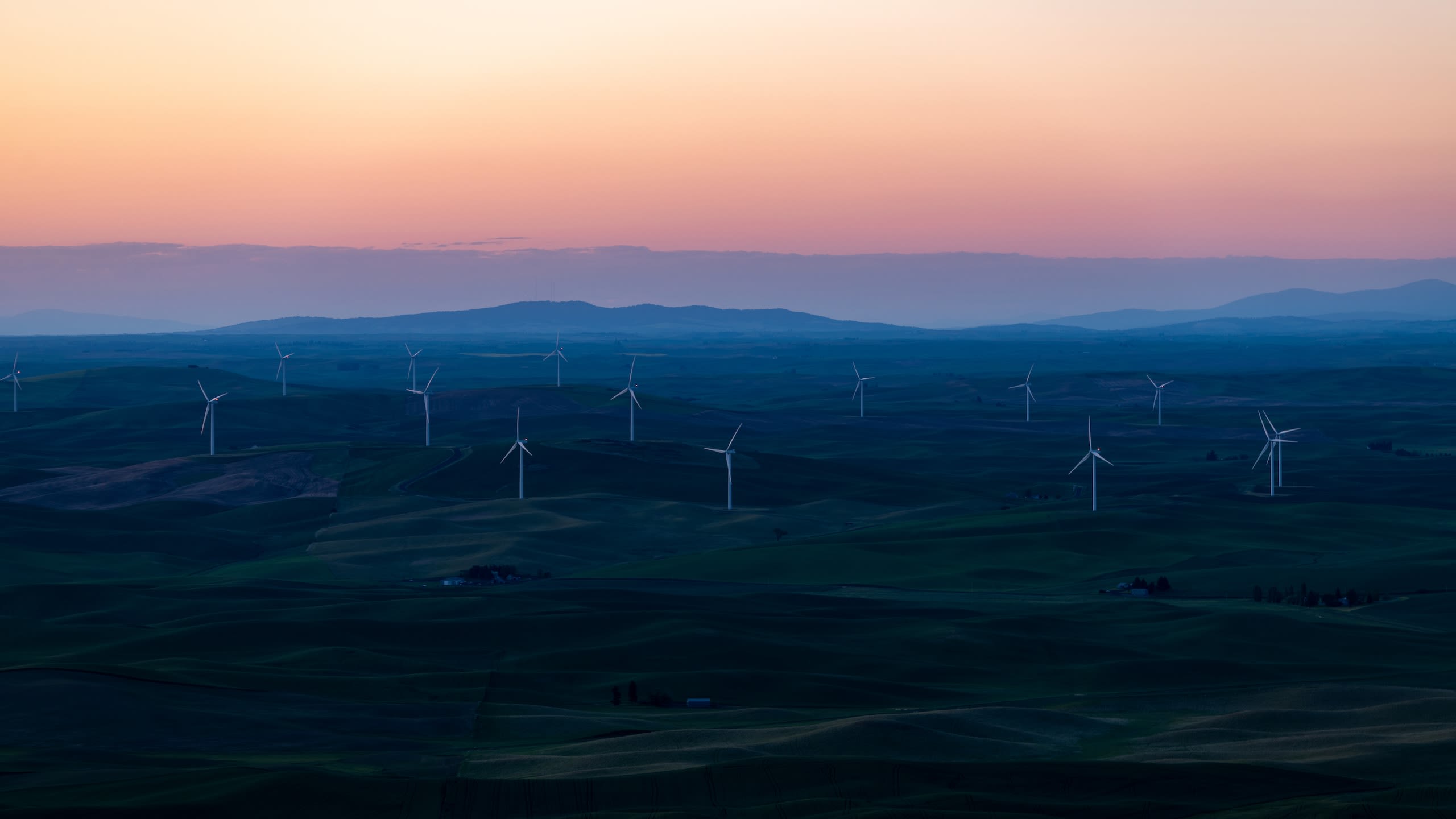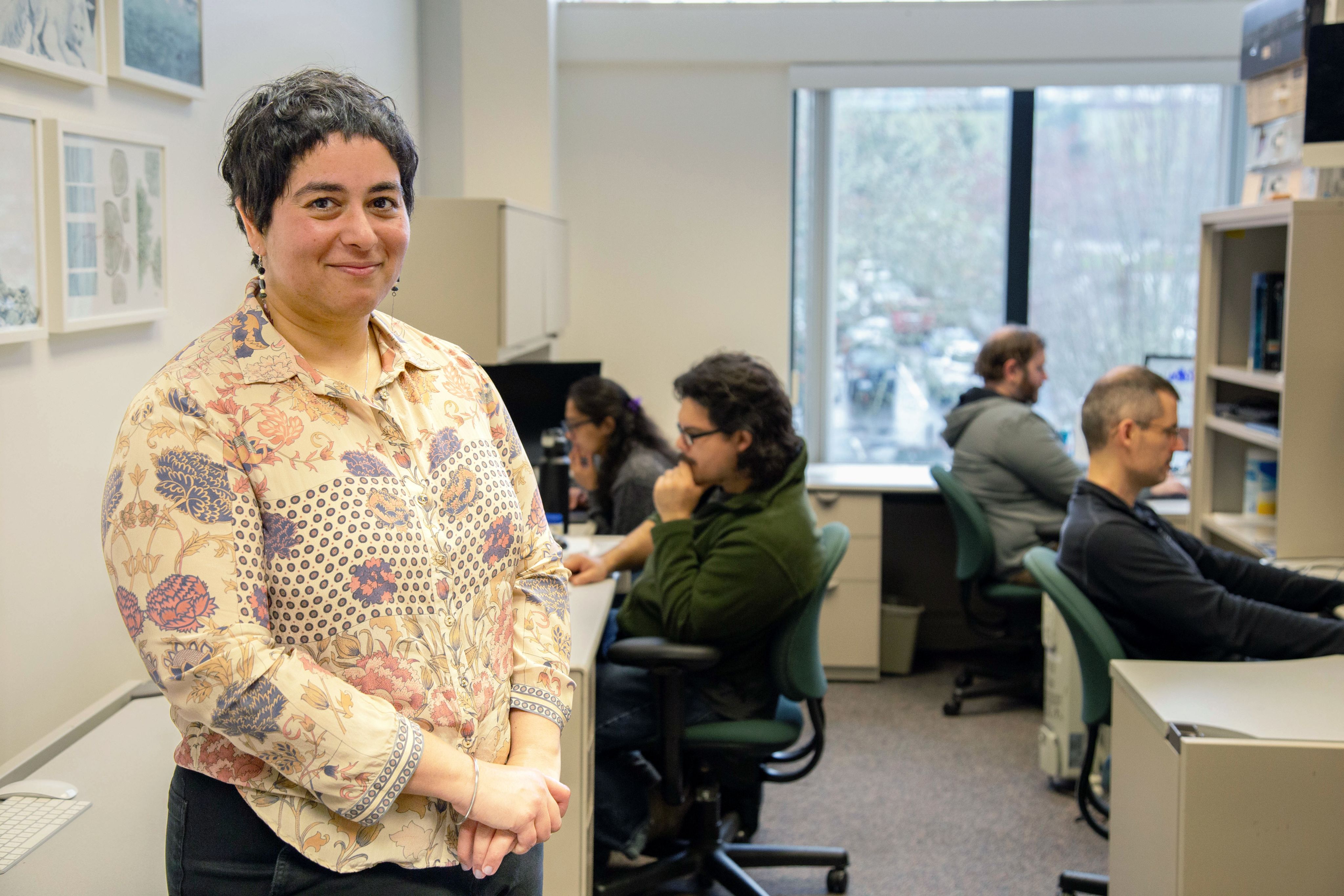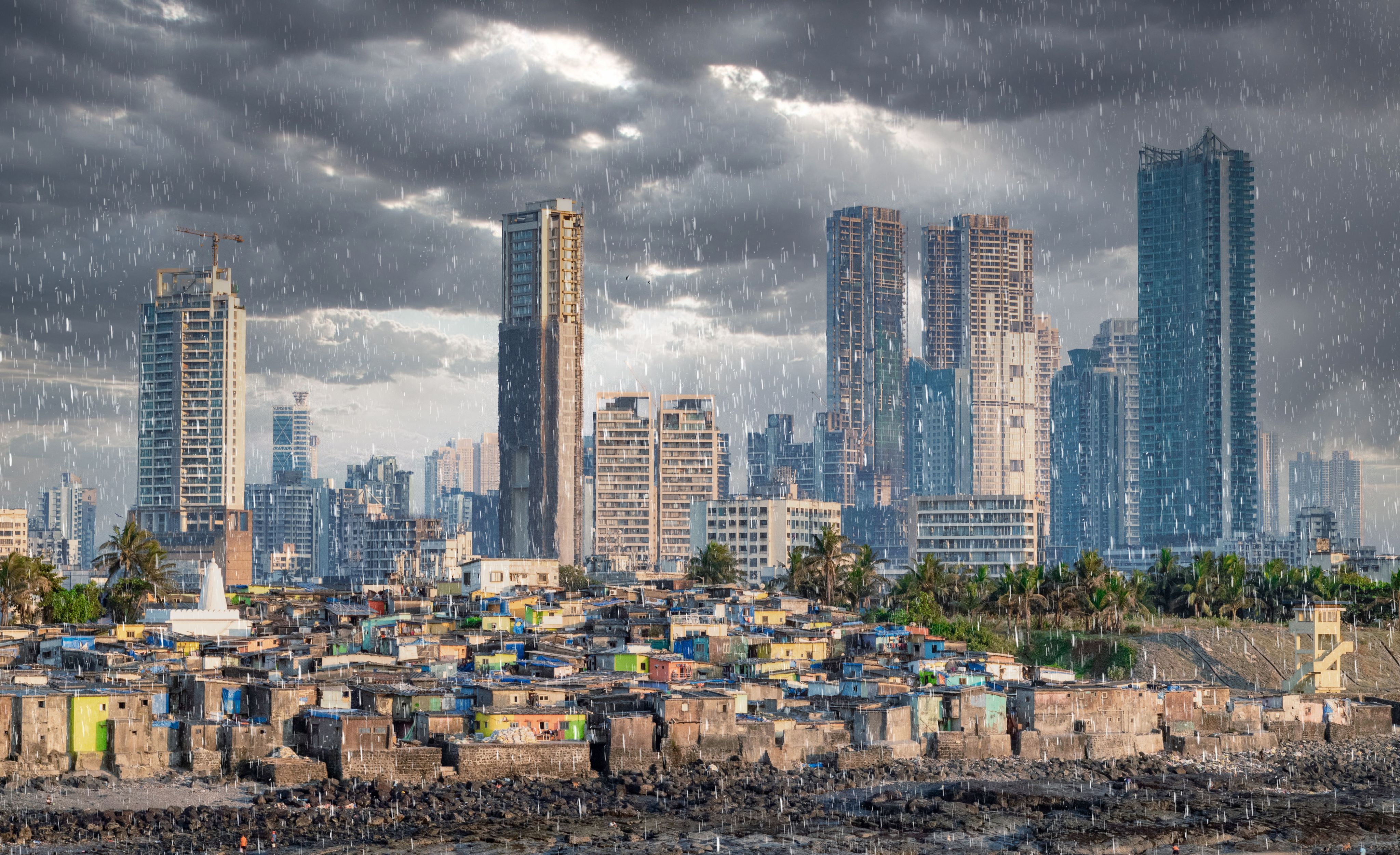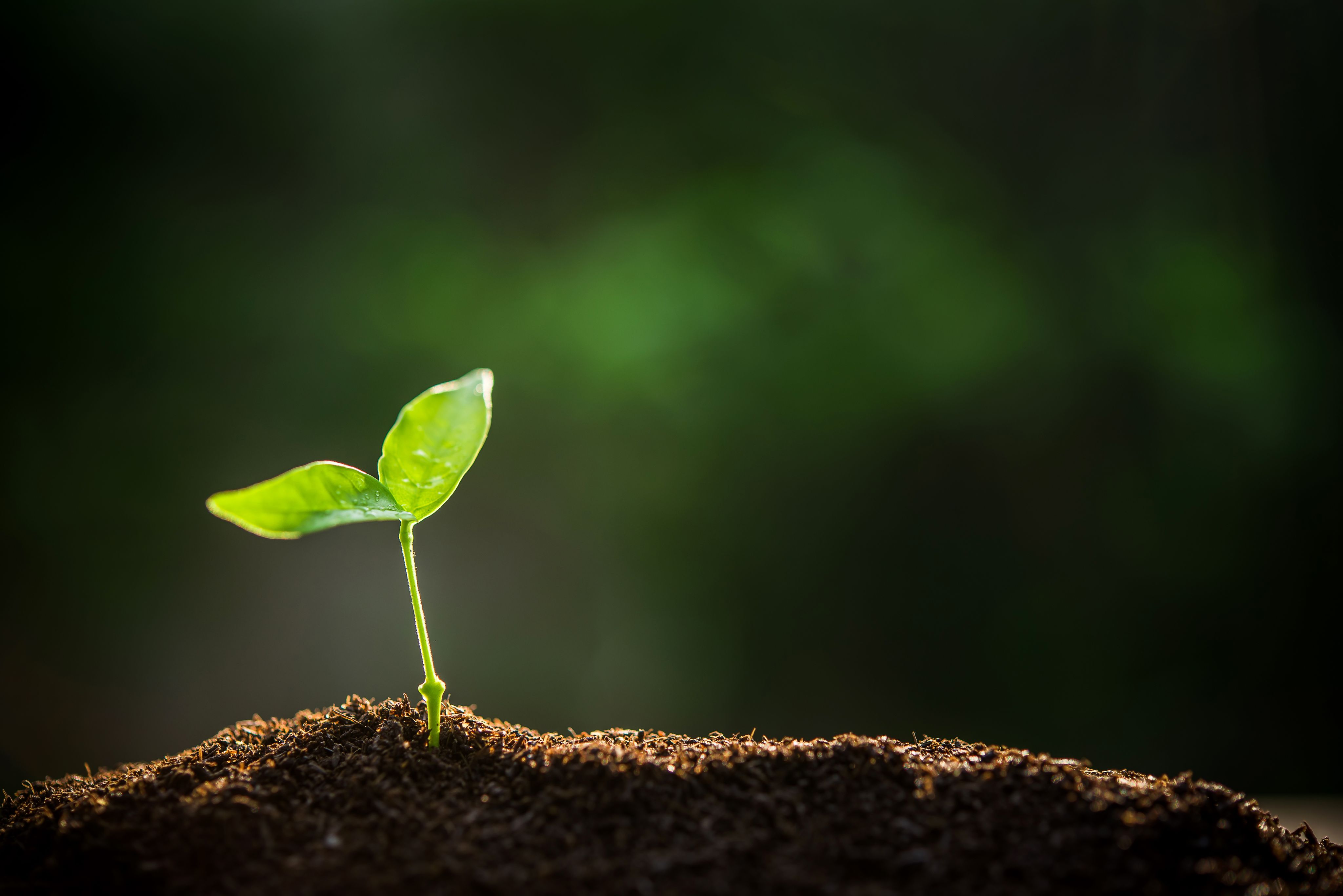WSU Climate Extremes Lab:
A focus on people

Here’s a question with a thousand answers: How do we create a livable future amid climate change?
To Deepti Singh, assistant professor in the School of the Environment at Washington State University, at least some of those answers will come from studying the extreme weather that’s become commonplace around the globe.
Singh founded the Climate Extremes Lab at WSU to try to understand more about what causes heatwaves, cold waves, drought, wildfire, and excessive rain, and how they affect people’s lives and the resources they depend on. She believes that understanding these risks can help people predict such hazards and prepare for them.
More from Deepti Singh:
Your lab team is diverse – how does that help when studying the effects of climate change?
“To me, it’s important that there’s representation from people all over the world, because climate change is something that affects everybody. We need a diversity of ideas, of backgrounds, of interests to shape this relatively new field. Climate science as a discipline hasn’t been around that long, less than 20 years. The discipline – and ultimately, how the world addresses climate change – will be shaped by the people who are in it.”
How should higher ed approach climate science?
“Climate change isn’t going to be solved by one person, institution, policy, or nation. Likewise, there’s a wide spectrum of topics that fall within the purview of climate change, climate science, and identifying solutions. It’s such a pervasive issue, affecting every aspect of our lives, that it needs individual and collective action on many fronts.”
What should the climate focus be?
“It’s hard to pinpoint one focus. We simultaneously need to advance our understanding of fundamental workings of the Earth’s climate system, prepare for the risks of a changing climate, and find ways to reduce our impact on the environment. That said, I think it will help to center people in your work – who is it going to impact? Understand and ground your work in the needs of underserved communities. Make your work to some extent directly relevant to informing and addressing the compounding challenges they experience.”

What motivated you to study climate extremes?
“I was living near Mumbai in 2005 when record rainfall (37 inches of rain in one day) caused an unprecedented flood. It disrupted transportation, people died in their cars because they were stuck in flooded areas, and there were disease outbreaks for months following. To me it highlighted our vulnerability to climate variability. Not only for the millions of people in Mumbai, but in so many other places in the world. And one thing we understand quite well is that climate change is expected to intensify such extreme precipitation events. It made me think we’re really not adapted to the climate variations we’re experiencing today, let alone to those that are in our near future. It worried me about the impacts we are likely to face on our health and critical resources such as food, water, and energy.”
What groups will be most affected?
“When we’re talking about adaptation to climate change, we’re really talking about helping frontline communities that are particularly vulnerable due to a combination of socioeconomic and cultural factors. They might include indigenous communities, people of color, those living in poverty, farmworkers, refugees, houseless people, disabled people, and elderly around the world. For example, in WSU’s region, tribal communities are some of the most directly affected by climate changes that have already occurred. Their lives, cultural heritages, and lands are being impacted. Tribal communities are already being displaced by climate change.”

How do you direct your lab’s work?
“I’m currently interested in understanding the drivers and impacts of compound events. That’s when you have an interaction between different types of climate hazards like heat and drought happening at the same time in the same place, or heatwaves affecting multiple regions at the same time. And, I usually try to find projects that align with the interests of the graduate students in the lab. Our research doesn’t have to be something I’ve envisioned. It often is something we collectively envision based on our individual expertise and interests.”
What gives you hope working in the climate space?
“We see the toll climate extremes are placing on our society – disasters happening around the world, millions of people losing their life’s belongings and sometimes their loved ones, thousands of species and ecosystems around the world being threatened by our actions, the high economic damage. It’s a lot of negative information. What gives me hope is that there is now so much more attention on the topic of climate change than there was 14 years ago, when I started working on it. You see people talking about it a lot more, and not just talking about it, they’re trying to do something about it.”

This content was paid for and created by Washington State University. The editorial staff of The Chronicle had no role in its preparation. Find out more about paid content.



